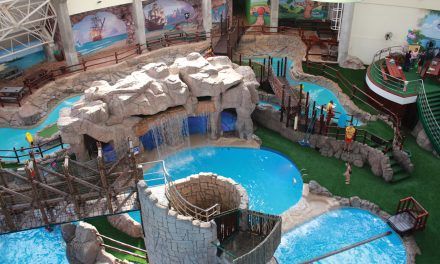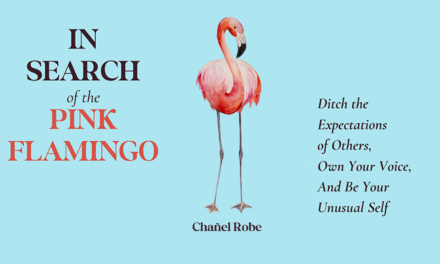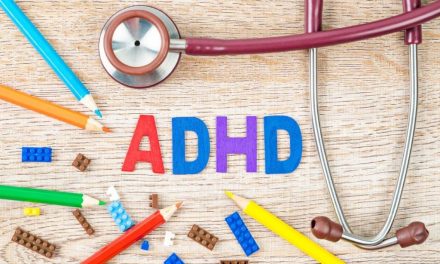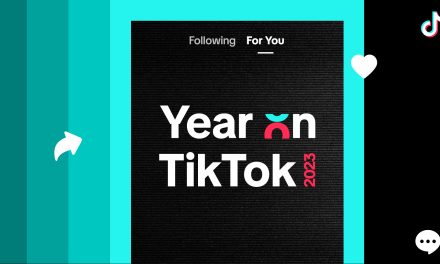In 2021, Sabrina Suffren made an unsettling discovery.
Sabrina is a neuropsychology researcher and PhD from the University of Montreal, who specializes in studying the brain, anxiety and depressive disorders in adolescents.
In a research paper she published, she discovered that harsh parenting techniques like yelling at your kids change the anatomy of their brains.
Using a scanner, she discovered that yelling at your kids can literally make three key sections of their brains smaller:
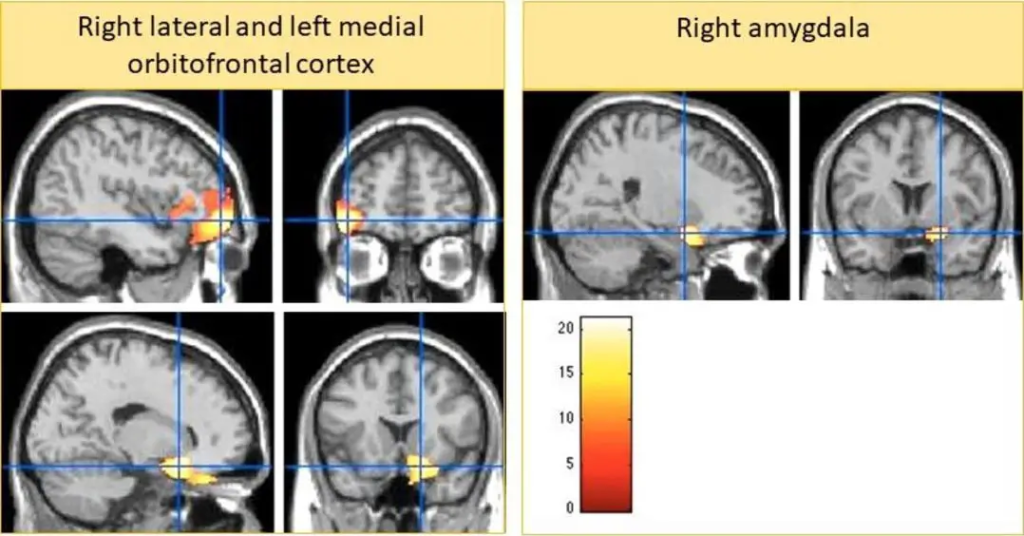
This is a big discovery because I’ve seen the negative impacts of yelling on family relationships and child behavior…
But knowing WHY that happens does explain why kids who are yelled at a lot behave differently than others from a purely physiological level.
If your child’s brain doesn’t develop in the right way, they’ll struggle with regulating their emotions.
They’ll be predisposed to more anger outbursts, they’ll throw more tantrums and fits than children with fully developed brains.
And they’ll be more likely to develop anxiety and depression later in life.
Sabrina wasn’t the only one who came to this conclusion though.
In an unrelated study, Dr. Bruce D. Perry, a Professor in the Department of Psychiatry and Behavioral Sciences at Northwestern University School of Medicine in Chicago, came to a similar conclusion.
By performing CT scans on children that felt neglected during their childhood (that were yelled at a lot and did not experience the necessary bond with their parents), he discovered that the brains of neglected children were “significantly smaller” than the “normal” brains of a 3-year-old child.
Once I went down the rabbit hole and read study after study about the impact of yelling on kids, I discovered more and more studies with similar conclusions:
1. When kids are being yelled at, it’s an extremely traumatic experience for them.
2. This can lead to lasting negative consequences and even PTSD.
3. It can also lead to “hidden brain damage” and other negative side effects.
From all the different studies I read, I discovered that yelling at your kids, which until recently was a socially acceptable norm in many countries (and unfortunately still is in some), can have the following effects on your kids.
If you yell at your kids, they:
• Are more likely to experience depression and anxiety
• Struggle with regulating their emotions
• Are more prone to being angry and aggressive
• Will have lower confidence and self-esteem and can experience a feeling of “worthlessness”
• Can develop severe forms of PTSD (Post-Traumatic Stress Disorder)
• Might develop their IQ at a slower pace, have trouble learning and struggle in school
• Are more likely to struggle with forming healthy relationships
• Could have lower verbal IQ, comprehension, and language development
• Are more likely to abuse alcohol and other substances
• Face a higher risk of health problems such as heart disease, obstructive pulmonary disease, cancer, asthma, and autoimmune diseases
• Have a higher chance of experiencing chronic pain through conditions like arthritis, bad headaches, back and neck problems
• Are more likely to “behave badly” in the future
When I worked through these studies, I often had to step away for a few minutes because of how heavy things can get.
I knew yelling was bad, but the amount of damage that we can do to our kids with it is almost incomprehensible.
What makes things worse is that almost all parents yell at one point or another, and many are stuck in what I call the Endless Yelling Cycle.
One study from Dr. Murray A. Straus has shown that 88% of parents have yelled within the past year. This number increases to 98% of families with 7-year-old kids.
In another study by Dr. George Holden, it was found that 35% of parents yell before their kids are 1 year old. By the time their kids become 4 years old, that number skyrockets to 93%.
Now, of course, if you yell at your child once a year, you likely won’t cause any irreparable damage to your kids. But if you yell at them weekly, daily, or even multiple times per day, or if yelling spreads out to yelling battles…
The damage the yelling can cause to your kids can be devastating.
From my personal experience, I’ve seen the same thing – and my colleagues. Scientists and other renowned parenting experts agree.
Stephanie Parade, a professor of psychiatry and human behavior at Brown University, said that “Yelling at children may have consequences that go beyond those of spanking. Parents who yell may miss out on a chance to teach children to regulate their emotions”.
Dr. Straus, director of the Family Research Laboratory at the University of New Hampshire, said: “Yelling could set a bad example for children that affects the way they handle social interactions later on. It sets the tone for family relationships that carry over for dating relationships where you get a lot of psychological aggression”.
Dr. Myrna B. Shure, a professor of psychology at Drexel University, said, “Yelling overpowers children, it makes them feel frustrated and angry, and what can happen is that after a while kids become immune to being yelled at. They tune it out.”
There’s undeniable proof that yelling is bad for you, your family and your kids.
That’s why I’m dedicating the next 2 weeks to helping you stop yelling at your kids, once and for all.
But first, you have a choice to make.
Only you can decide to stop yelling at your kids and commit to it.
So take a few moments…
And make a commitment to yourself to become a No-Yelling Parent.
Do it for your mental sanity.
Do it for your kids.
Do it for your family.
Make a commitment to yourself, to your partner, and your kids.
Your journey starts right here, right now, and I’ll be with you every step of the way.
Because I know that escaping the yelling habit is a lot easier said than done, I’ll walk you through the process, step by step, over the next 2 weeks.
I’ll show you why you’re yelling, why you haven’t managed to stop yelling in the past if you tried, and what you can do about it to stop once and for all.
I’m thrilled to be on this journey with you, and I’ll write to you very soon





